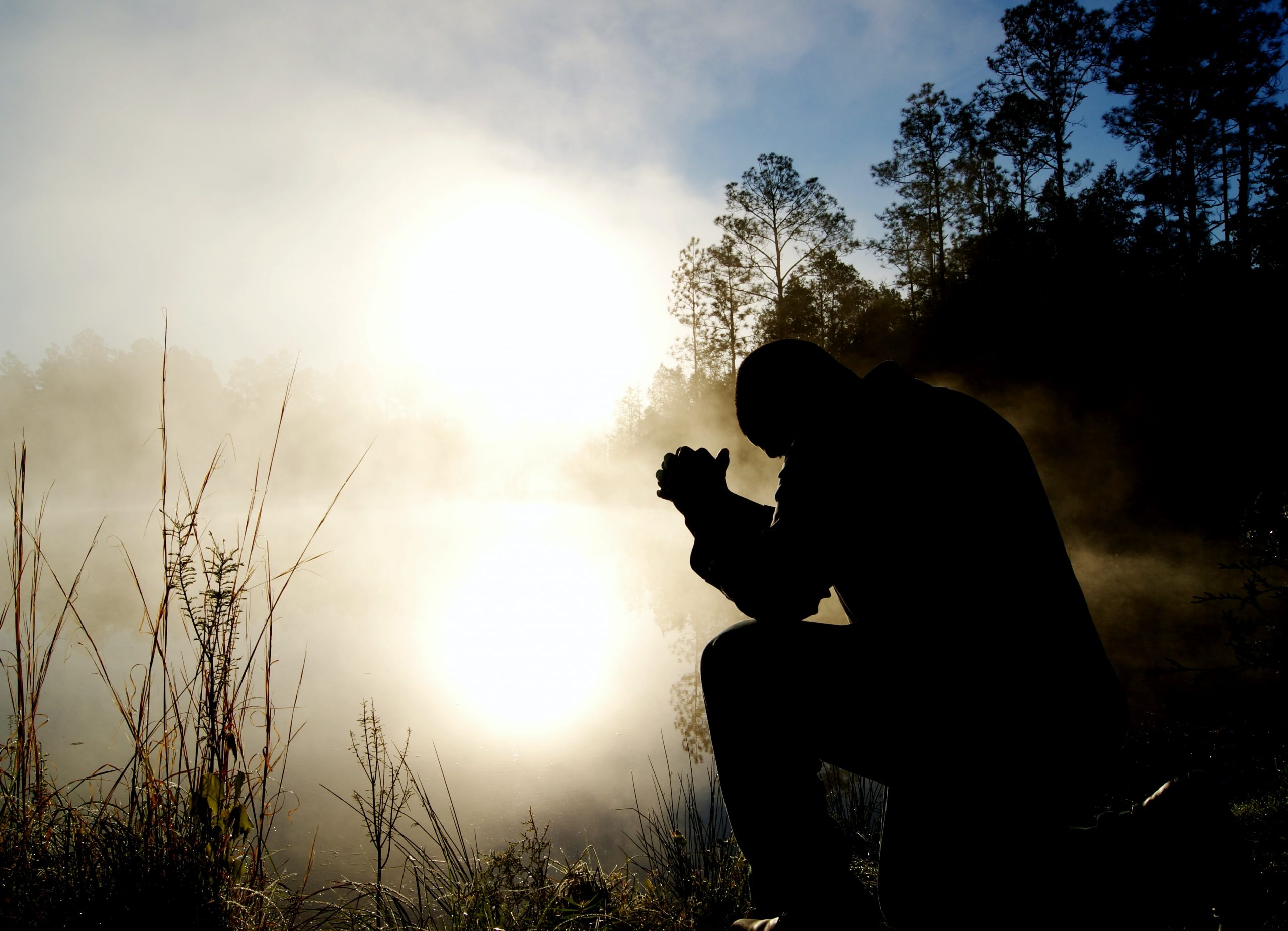I can’t help but notice that a spirit of argument and polarization seems to have taken over our world. Maybe it feels collectively harder to handle conflict because we’re tired out from the pandemic and wary of political drama, but differences of opinion have existed since the beginning of humankind. It’s important that we learn good ways to live together amidst our differences.
Has shaming and blaming replaced thoughtful dialogue? Has “blessed are the peacemakers” been replaced by “blessed are the mean-spirited objectors”? When we reach an impasse, we’ve got to come back to the truths that inform our response.
Throughout our years of ministry, Pam and I have wrestled—both as leaders and followers—with difficult decisions and differences in opinion. And there have been times we’ve had to live with the consequences of decisions we either didn’t appreciate or felt were unjust.
During my tenure as U.S. Director, I had ample opportunities to lead amidst differences of conviction. I didn’t always get it right. Whether we’re the ones initiating tension or the ones impacted by it, it’s always painful. It takes faith to walk the humble and gentle path of Christ, but the harder way is often the better way. I still remember a time we were planning to make a statement on a social issue, but we decided to first slow down and hear the different opinions. This thoughtful dialogue helped us find a better path.
Disagreement exists in every context of life. The key is learning how to live amidst the tension of disagreement—and ultimately to embody the spirit of Jesus. According to the author of Hebrews, we are called to “Make every effort to live in peace with all men and to be holy; without holiness no one will see the Lord” (Hebrews 12:14 NIV).
Recently, the Lord has given me new insights about how a Topical Memory System verse relates to this concept. In 1 Corinthians 3:16, Paul writes, “Don’t you know that you yourselves are God’s temple and that God’s Spirit lives in you?” (NIV)
It’s important to note that this passage is not about the Holy Spirit indwelling individual believers. Rather,we see from context that it speaks of the Spirit indwelling His people—the “temple” and “God’s building” (1 Corinthians 3:9 NIV). Paul is speaking to a church embroiled in conflict over secondary matters, people who are choosing their own “clan” leaders. However, it’s the admonishment in the next verse that sends chills up my spine:
“If anyone destroys God’s temple, God will destroy him; for God’s temple is sacred, and you are that temple.”
1 CORINTHIANS 3:17 NIV
While Paul was a courageous, apostolic leader, he was also committed to walking the way of Christ (cf. Philipians 2:1-8 NIV), with humility and gentleness. He saw divisions and clans as a way the evil one chooses to destroy the people of God—those for whom Christ died.
As an opinionated person with plenty of certainty, I must constantly remind myself of the Jesus way—the path of peacemaking and suspending certainty for the sake of our witness before a watching world. And, it was Jesus who prayed that His people (us!) would be one, just as He and the Father are one … that the world would know God loved them! (John 17:21-23 NIV).
When we find ourselves in the middle of differences that could divide within our families, relationships, or in our Navigator work, may we embody love and choose to be an answer to His prayer, for His glory.







